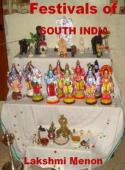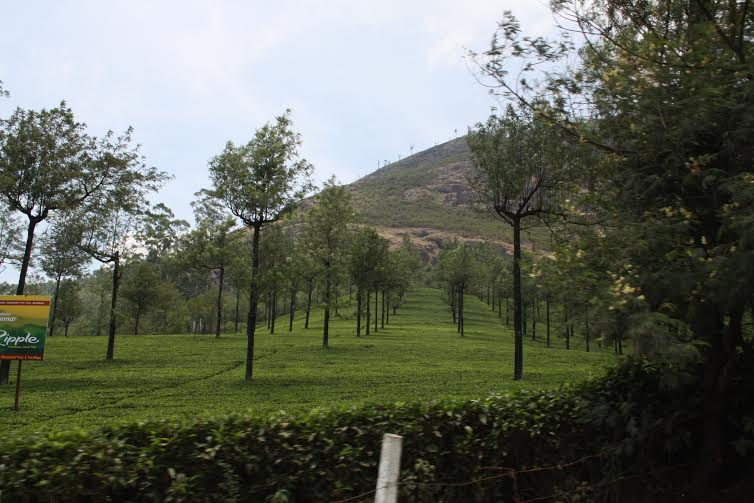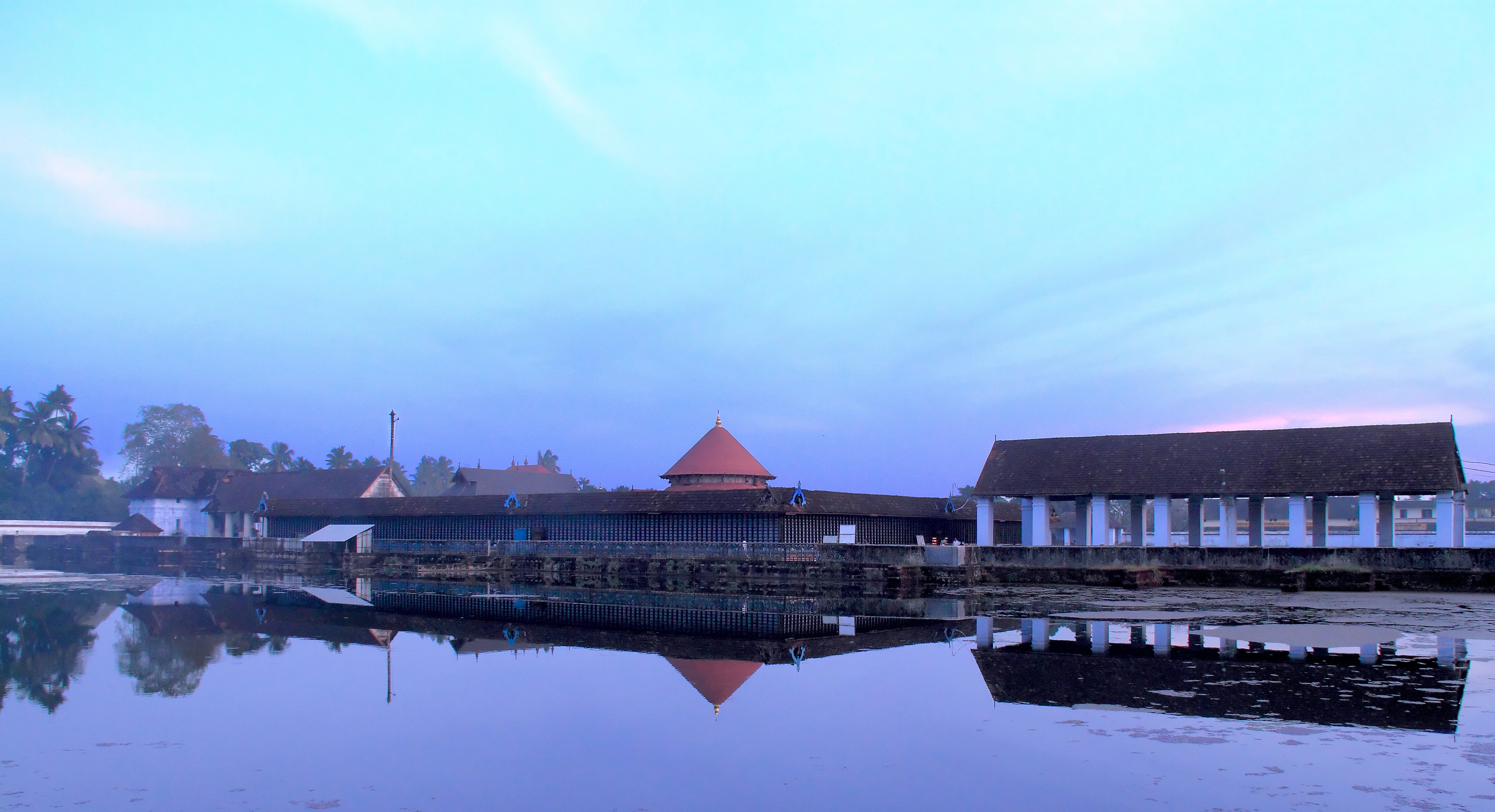Makara Sankranthi Festival
Makara Sankranthi is an important festival of India, falls in the middle of January every year, and is considered as an auspicious day throughout the country. It is the day on which the sun begins to move northwards. This festival marks the end of winter and the onset of spring.
The period is referred as Utthara Punyakalam, and also considered as auspicious in India. Starting from Makara Sankranthi day to the next six months, the days are longer and warmer. Symbolically, the Sun slowly takes away darkness and ushers in the light of knowledge.
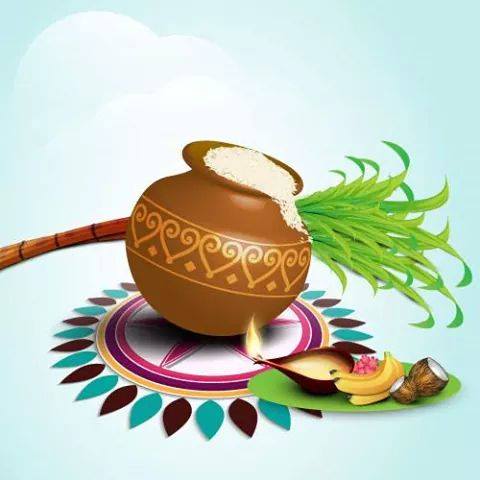 |
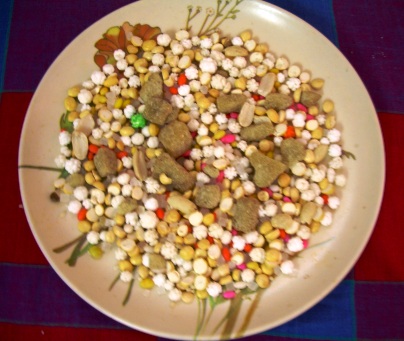 |
Legends of Makara Sankranthi
Like all other festivals, Sankranthi also has many legends, associated with various Gods. Bhishma Pitamaha in the Mahabharata, chose this auspicious day for his death. It is believed that people who die during Uttarayana period, merges with the Brahman, thus ending the cycle of rebirth.
Another belief is that Lord Vishnu buried the demons on this day beneath the Mandara Mountain. It signifies the end of evil and the dawn of righteousness.
Another great belief is that Lord Surya visited his son Lord Shani on this day, forgetting about their difference of opinions. It teaches us that Sankranthi is a time for people to forget their enemity and become friends.
On the Sankranthi day, people of Tamil Nadu in the southern region of India celebrate the day as Pongal Festival.
In Andhra Pradesh, this festival is called as “Pedda Panduga”meaning “big festival”, and is associated with harvest and celebrate it for three days. The first day it is called Bhogi, second day is Sankranthi, and the third day is Kanuma. People take oil bath before sunrise and be ready to welcome the Sun God with flowers and water, and pray to His blessings.
In Karnataka, in the evening of the festival day, people distribute Yellu, Sakkare Achchu, Sugarcane piece, Banana, Elachihannu to friends, neighbors and relatives.
On Shankranti day, sweets, puddings and sweet rice are prepared in every home. Sweets made out of Til is exchanged as a mark of friendship. Some of the dishes prepared are Puliharam/Puliyogare, Ariselu, Kajjikayalu, Laddoo, Jantikalu etc.
In Kerala, on this auspicious day, millions of pilgrims (Ayyappa devotees) throng the Sabarimala Temple to witness the Makara Jyothi on the hills.
Return to South Indian Festivals




